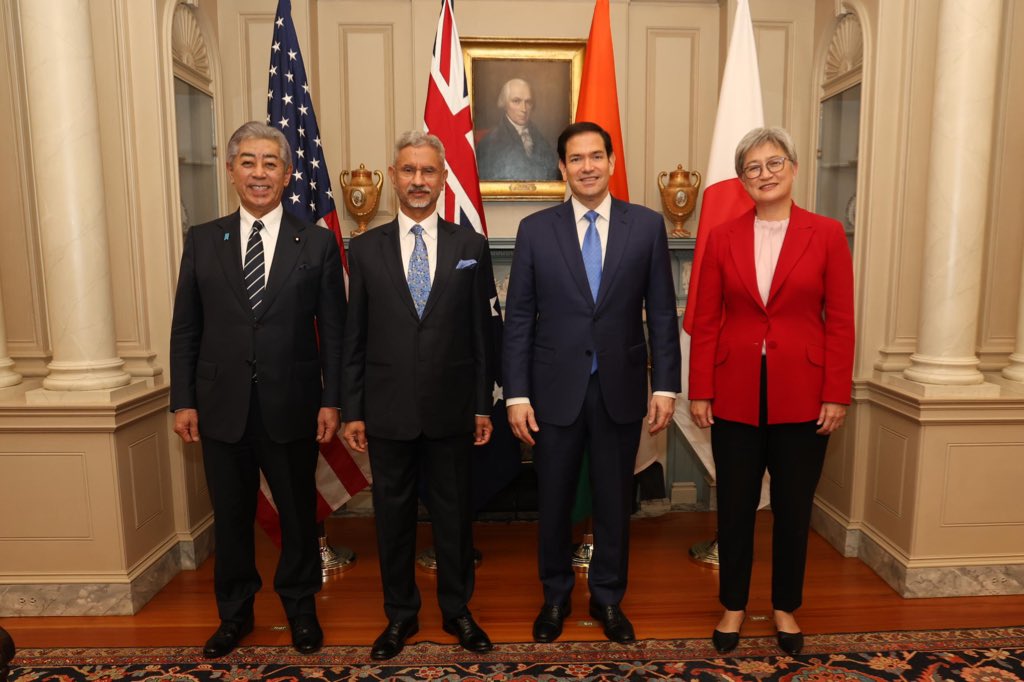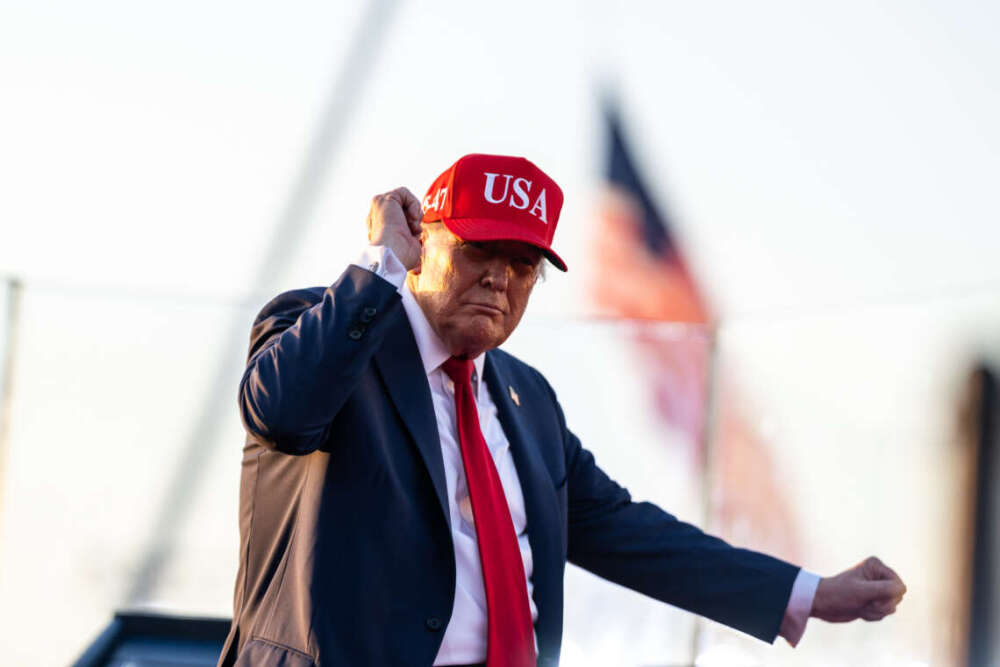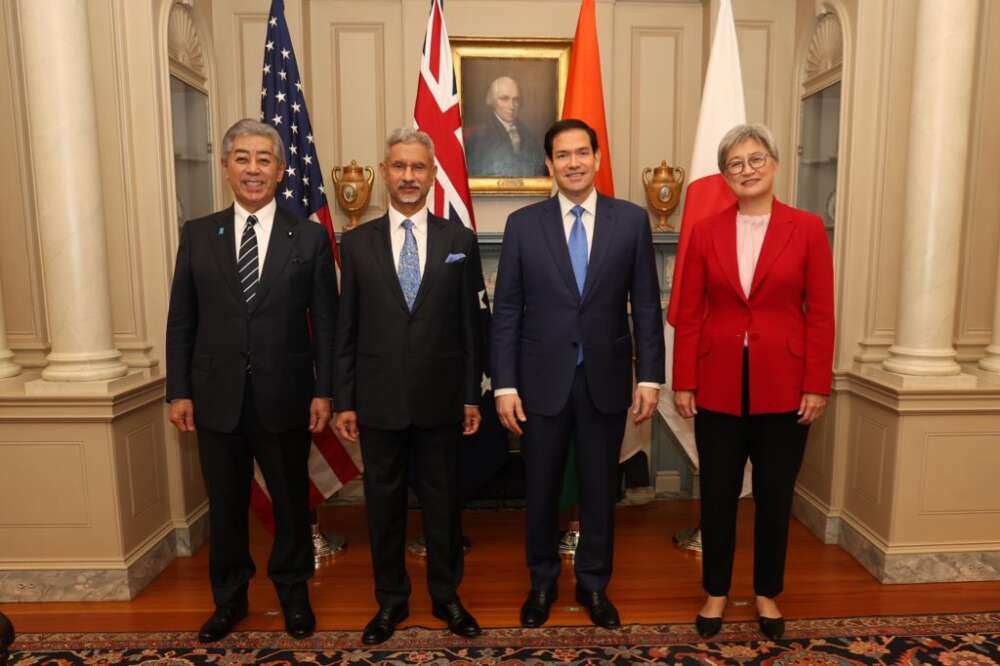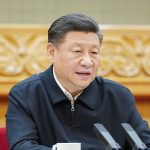The move by Tesla comes at a time when US President Joe Biden in December 2021 signed into law a bill that aims to punish China for human rights abuses against ethnic and religious minorities, including the Uyghurs…reports Asian Lite News
Chinese foreign ministry accused the United States of hypocrisy after US politicians and rights groups criticised carmaker Tesla for opening a showroom in Xinjiang, the site of alleged human rights abuses against Uyghur Muslims and other ethnic and religious minority groups.
On New Year’s Eve, Elon Musk-run Tesla opened a new showroom in Xinjiang, the remote region where “Chinese authorities are carrying out a campaign of forcible assimilation against religious minorities that has become a public-relations quagmire for Western brands”, The Wall Street Journal reported late on Monday.
Tesla revealed the details on its official account on Chinese social media platform Weibo which is a Twitter-like platform.
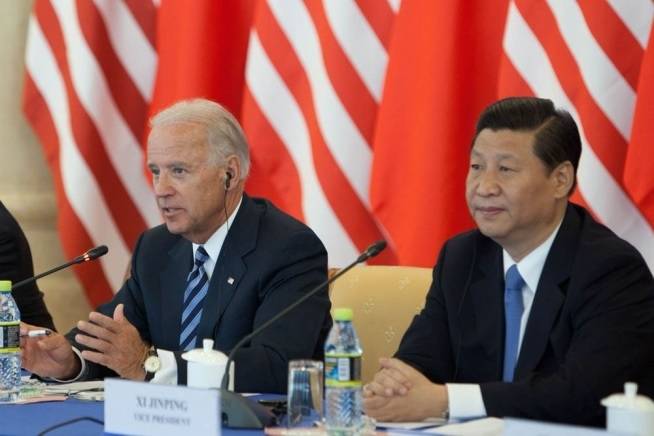
The move by Tesla has drawn a backlash from US politicians including Republican Senator Marco Rubio, who accused Tesla on Twitter of “helping the Chinese Communist Party cover up genocide and slave labor in the region”, media reported.
But Chinese foreign ministry on Thursday slammed the criticism, accusing Washington of “hypocrisy” and attempting to “carry out economic coercion and political repression against China under the guise of human rights”.
Foreign ministry spokesman Wang Wenbin dismissed abuse allegations as “lies that have long been exposed by the facts”, it was reported.
The move by Tesla comes at a time when US President Joe Biden in December 2021 signed into law a bill that aims to punish China for human rights abuses against ethnic and religious minorities, including the Uyghurs, in the Xinjiang region.
The bipartisan legislation, which passed the Senate by unanimous consent last week, bans imports of goods from the Xinjiang region unless individuals or companies demonstrate that the materials were made without forced labour, according to reports.
The bill, called the Uyghur Forced Labor Prevention Act, is the latest effort by the US to punish China for alleged abuse of millions of Uyghurs and other Muslim minorities in Xinjiang.
The US has repeatedly accused China of committing genocide against Uyghurs.
Several Chinese tech companies have also been linked with domestic spying in the Xinjiang region.
Chinese tech conglomerate Huawei has reportedly been linked to domestic spying in Xinjiang region, while building technology for labour and re-education camps as well as surveillance systems in the western Chinese region largely populated by Uyghur Muslims.
According to PowerPoint presentations obtained by The Washington Post, the tech giant’s work may have been involved in the “persecution against ethnic minorities in the region”.
However, the presentations for Huawei’s work on surveillance systems do not mention Uyghurs, and the company has denied directly supplying tech to Xinjiang.
In Xinjiang, up to two million people from Uyghur and other ethnic Muslim minorities have allegedly been put into internment camps, according to the US State Department.
The Chinese government has been accused of carrying out several human rights violations against the Uyghurs, putting them in detention and re-education camps and using them for forced labour.
The US Treasury said that Chinese AI company SenseTime has been sanctioned because of the role its technology plays in enabling human rights abuses against the Uyghurs and other Muslim minorities in Xinjiang — accusations that SenseTime has strongly denied.
The Chinese Communist Party (CCP) has mounted multifaceted and multiplatform information campaigns to deny accusations of forced labour, mass detention, surveillance, sterilisation, cultural erasure and alleged genocide in the Xinjiang region.



